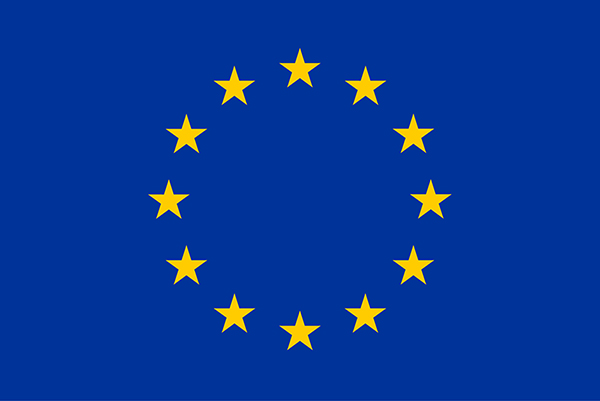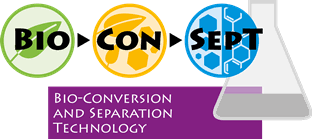BIOCONSEPT
BIOCONSEPT
Integration of Bio-Conversion and Separation Technology for the production and application of platform chemicals from 2nd generation biomass
ABSTRACT
BioConSepT aims to demonstrate the technically feasibility of White Biotech processes for the conversion of 2nd generation biomass into platform chemicals, which are 30% cheaper and 30% more sustainable than existing chemical routes or 1st generation processes.
BioConSepT uses lignocellulose and non-edible oils & fats as cheap, abundantly available feedstocks, which cannot be used as food. The main achievements expected for BioConSepT are:
- To develop the robust enzymes and micro-organisms suited for the more dirty 2nd generation feedstocks;
- To reduce equipment costs and the number of process steps by the integration of bioconversion and highly selective separation technologies;
- To facilitate easy integration in existing production chains by deploying combinations of bio- and chemical conversions and by proving the suitability of the produced platform chemicals for bio-based polymers, resins, plasticizers, solvents and surfactants and
- by realisation of the 1st demonstration of integrated producion chains from 2nd generation feedstocks to platform chemicals at industrially relevant scale.
BioConSepT will bring novel technologies from lab to pilot scale by high level applied research. The consortium consists of 15 SMEs (suppliers of equipment, bioconversions, separation technologies and services), 10 large industrial parties (producers, end-users, engineering and consultancy companies) and 5 leading RTOs from 11 different countries. The large industrial parties and SMEs expect new products, processes, services and customers with a potential value of hundreds of M€.
BioConSepT will reduce the total processing costs and thus improve the competitiveness of the European agro/food and chemical industries. The use of renewable biomass will lead to a significant reduction of Green House Gas emissions and a more secure supply of feedstocks, energy and water as well as reduction of waste generation.
Project Budget: 233’334 €
LEITAT Budget: 13’386’927 €
Financial Framework: FP7
Contract number: 289194
Start Date: 01/01/2012
End Date: 31/12/2015
Partners:




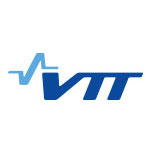

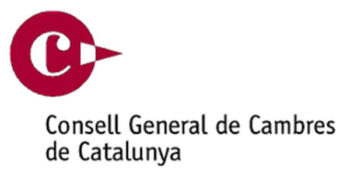
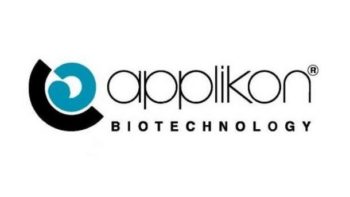
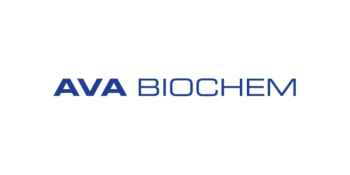


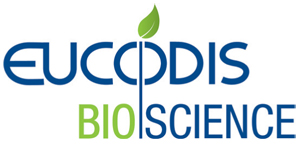



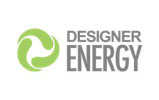

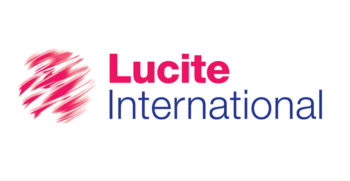
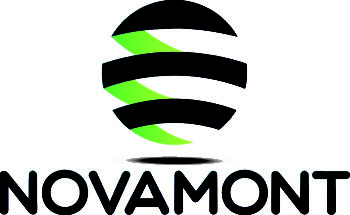

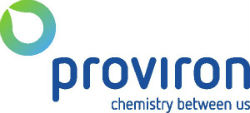
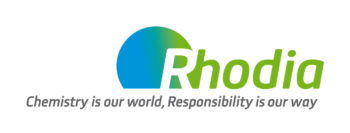


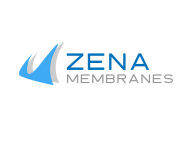


Contact Manager: L. Valentin
